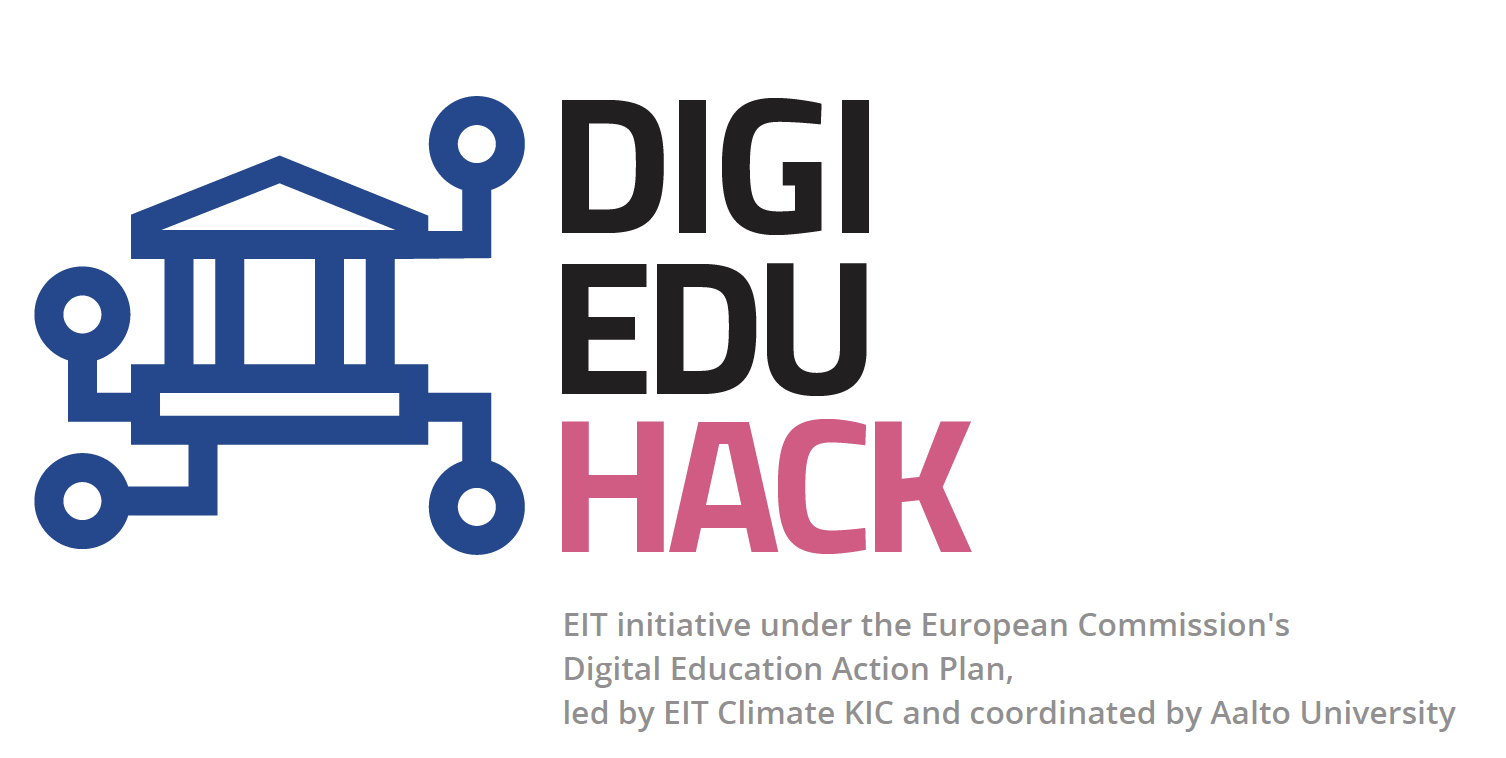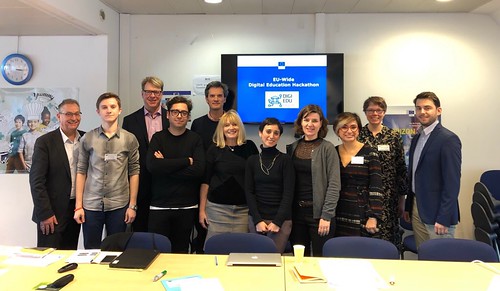 If for all the institutions around the world the digital transformation of education is an inexcusable necessity, for the European Union it is one of its top current priorities.
If for all the institutions around the world the digital transformation of education is an inexcusable necessity, for the European Union it is one of its top current priorities.
In fact, the Commission has adopted an action plan on digital education that has three priorities, including 11 actions to support the use of technology and the development of digital competences in education at all levels, as well as measures to help EU Member States meet the challenges and opportunities of education in the digital age. The three priorities are:
- Making better use of digital technology for teaching and learning (Action 1 to 3)
- Developing digital competences and skills (Action 4 to 8)
- Improving education through better data analysis and foresight
Within this framework, and as part of Action 11 (strategic foresight), an EU-wide digital education hackathon is being organised to collectively find innovative solutions to the challenges facing educational institutions today.
The DIGIEDUHACK is a 24 hrs annual event that try to identify collectively, key challenges for education in the digital age and co-create solutions across disciplines and organizations.
The idea is that this working day should be able to collect as many challenges and practical solutions as possible so that, once the working day is over, these ideas can be analysed and proposals made to help the EU formulate policies and launch other initiatives.
This year, the event will take place on the 3rd of October and, while there are many details yet to be determined, it would be an interesting idea for all of us to start thinking about how our institutions, and their members, should participate in it. It is a way of participating, of making our voice heard… and also of speaking – each from his or her perspective(s), of that which concerns us so much, today’s education.
I am part of the Steering Group of the hackathon, a group of 12 people from the Union (I am the only one who goes from Spain) that has been called from the Directorate General for Education, Youth, Sport and Culture, and specifically from the EIT (European Institute of Innovation and Technology) to give some ideas (although the whole organization is assumed centrally). On 21st January we met for the first time in Brussels and we are still working.
As I have told you, there are many details to be adjusted, it is planned that the Hackathon website will be ready at the beginning of March and that little by little we will be clarifying details of participation, dynamics, procedures, and so on. I will tell you as I know more details and I strongly encourage you to participate, whether you are inside or outside the EU.

One thought on “European Digital Education Hackathon”